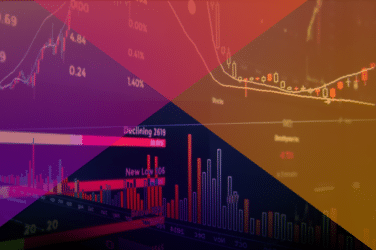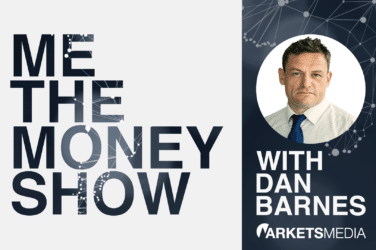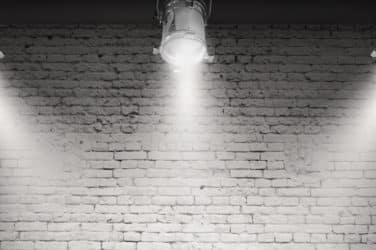(this article first appeared on Bloomberg)
Dark pools’ share of European stock trading has risen to a record, putting the traders who use them on a collision course with new regulations that will restrict buying and selling on the venues.
Dark pools — initially meant to hide larger orders — accounted for 9.1 percent of European equity trading in July, according to estimates compiled by broker Rosenblatt Securities Inc. That’s a 6.2 percentage point increase from the start of 2010. The dark pools’ share has climbed even as overall daily volume fell 20 percent.
The trading venues have proven popular despite fines against some banks that operate them, and despite European Union plans to limit their use. The venues are so-named because they hide bids and offers before a transaction takes place. By obscuring an investor’s intentions, dark pools are supposed to stop other traders from taking advantage of large orders.
Regulators are concerned that markets will become less efficient and prices less accurate if the platforms take away too much trading from public markets that display bids and offers. The EU’s MiFID II rules, which come into force in January 2018, will limit off-exchange trading. Breaching the EU’s limit on dark-pool trading would stop the shares from trading in the dark.
“It’s further evidence that traders like the dark-pool options they have now,” said Anish Puaar, a European market-structure analyst at Rosenblatt. “They’re in for a big series of changes as to how they trade when MiFID II comes in.”
Private markets may account for more than 9.1 percent of European share trading. Some trades take place over the counter and may be double counted. After adjusting for that factor, private markets could be handling as much as 13.5 percent of equity trading, according to Rosenblatt.
When the MiFID II rules come into force, each dark pool will only be able to handle 4 percent of overall trading in an individual security, while total dark trading will be restricted to 8 percent of overall volume in each stock.
The clock starts ticking this January. MiFID calculations are based on the previous 12 months of trading data, meaning that behavior starting in January 2017 will influence whether some stocks are shut out of dark pools when the rules are activated in 2018.
The rules provide an exemption for trades that are deemed large in scale. Stock exchanges Bats Europe, Deutsche Boerse AG and London Stock Exchange Group Plc have all introduced ways to trade large orders.
“There are all these new initiatives that have launched, but traders seem to favor their existing options, at least until MiFID II draws nearer,” Puaar said





